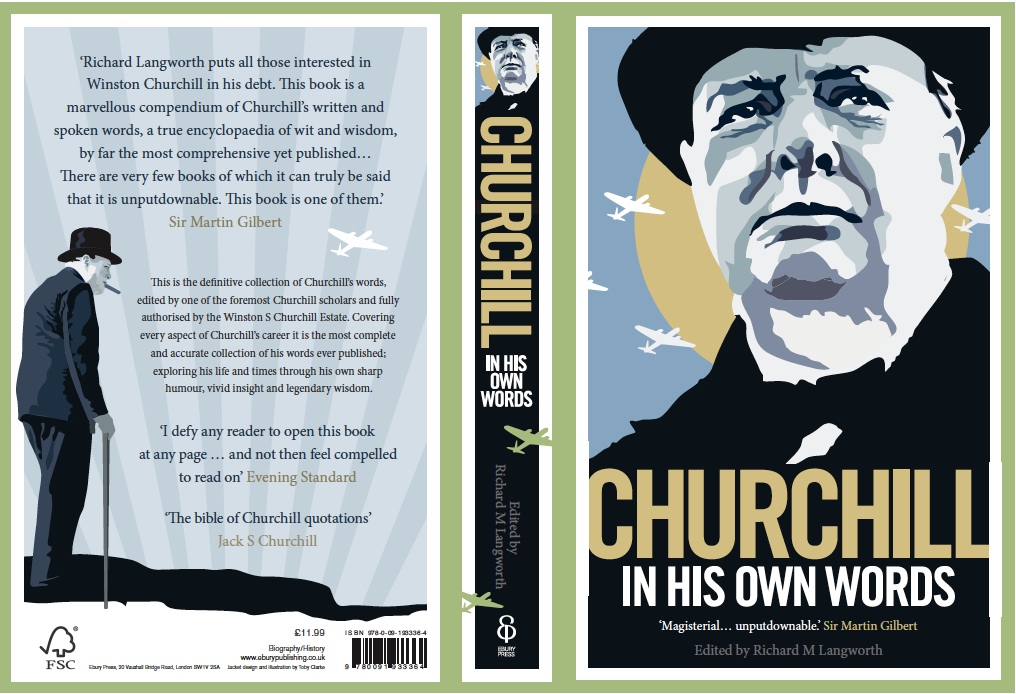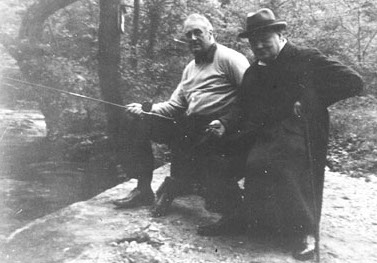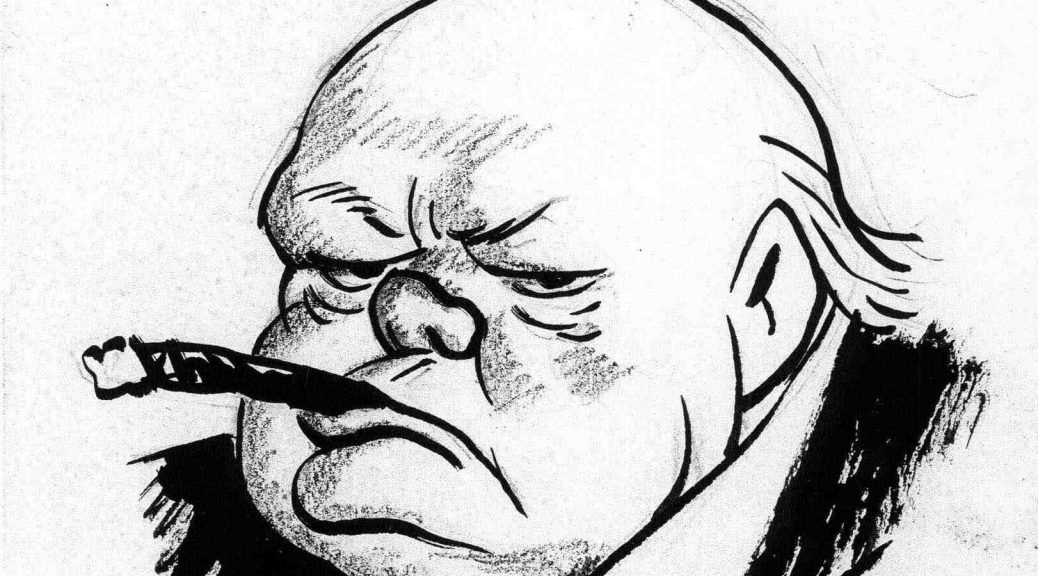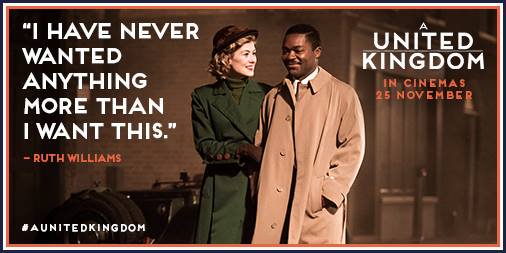
Churchill on the Optimist and the Pessimist
Optimist and Pessimist: Fifteen minutes of fame! David Davis MP, Secretary of State for Brexit, boots one in his recent speech and I’m finally in The Guardian. Probably the first and last time, given my opinions. **
Question: Referring to your posts of quotations Churchill never said, do you know who actually did say “A pessimist sees the difficulty in every opportunity; an optimist sees the opportunity in every difficulty”? I find no attribution other than to Churchill.
Pessimist: Not Churchill’s QuipAnswer: Sorry. I can’t track it; nor can my colleague Ralph Keyes, editor of The Quote Verifier.…









